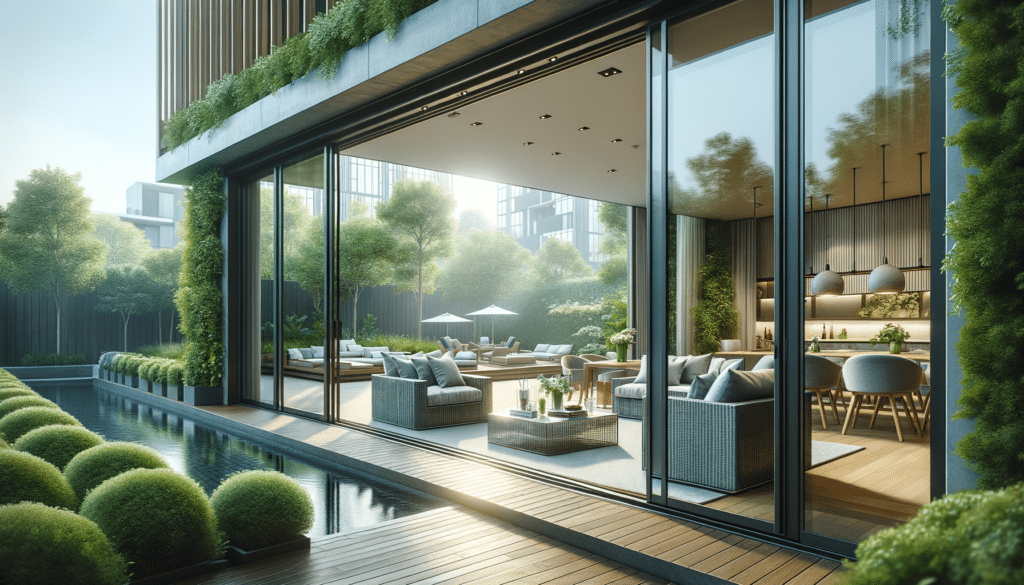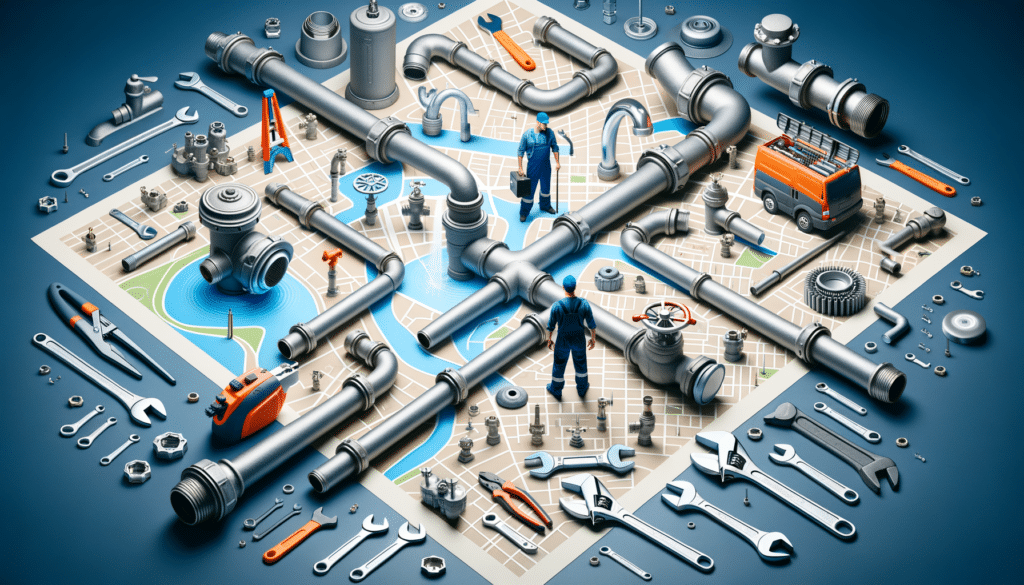The Aesthetic Appeal of Sliding Glass Doors
Sliding glass doors are more than just functional elements; they are also remarkable design features that can transform the aesthetic of a patio. The sleek and modern look of these doors complements various architectural styles, from contemporary to traditional. Their minimalist design allows for maximum glass coverage, which not only enhances the view but also floods the interior with natural light. This seamless transition between indoor and outdoor spaces creates a sense of openness and tranquility.
Moreover, the versatility of sliding glass doors in terms of design options is vast. Homeowners can choose from different frame materials such as aluminum, wood, or vinyl, each offering unique benefits and aesthetic qualities. The choice of frame color and finish can further personalize the look to match the existing décor. Additionally, the glass itself can be customized with options like tinted, frosted, or patterned glass for added privacy or decorative flair.
Key aesthetic benefits include:
- Maximized natural light: Large glass panels allow sunlight to illuminate interior spaces, reducing the need for artificial lighting during the day.
- Enhanced views: Expansive glass surfaces provide unobstructed views of the outdoors, bringing nature closer to the home environment.
- Modern design: The clean lines and minimalist design of sliding glass doors contribute to a contemporary aesthetic.
Energy Efficiency and Insulation
While sliding glass doors are renowned for their aesthetic appeal, they also play a significant role in energy efficiency. Modern sliding glass doors are designed with advanced insulation technologies that help maintain indoor temperatures, reducing the reliance on heating and cooling systems. This is particularly beneficial in areas with extreme weather conditions, where energy costs can be a concern.
Energy-efficient sliding glass doors often feature double or triple glazing, which provides superior insulation compared to single-pane glass. The space between the glass panes is filled with inert gases such as argon or krypton, which enhance the door’s thermal performance. Additionally, low-emissivity (Low-E) coatings on the glass reflect heat back into the room during winter and block heat from entering during summer, further improving energy efficiency.
Key energy efficiency features include:
- Double or triple glazing: Multiple layers of glass improve insulation and reduce heat transfer.
- Low-E coatings: Reflective coatings that enhance thermal performance by managing heat gain and loss.
- Thermally broken frames: Frames designed to minimize thermal bridging, reducing heat loss through the frame material.
Security Features of Sliding Glass Doors
Security is a crucial consideration for any exterior door, and sliding glass doors have evolved to offer robust security features that provide peace of mind. Modern designs incorporate advanced locking mechanisms and shatter-resistant glass to deter intruders and protect the home.
One of the primary security advancements is the use of multi-point locking systems, which secure the door at several points along the frame, making it more difficult to force open. Additionally, laminated or tempered glass is often used in sliding doors to enhance security. These types of glass are designed to withstand impact, and in the event of breakage, they hold together rather than shattering into sharp pieces.
Key security features include:
- Multi-point locking systems: Locks that secure the door at multiple points for enhanced security.
- Laminated or tempered glass: Impact-resistant glass that offers increased protection against break-ins.
- Reinforced frames: Frames built with strong materials to resist forced entry.
Maintenance and Durability
Sliding glass doors are designed for longevity and ease of maintenance, making them a practical choice for homeowners. The materials used in their construction, such as aluminum and vinyl, are known for their durability and resistance to weathering. Regular maintenance, however, is essential to ensure the doors remain in optimal condition and function smoothly over time.
Routine maintenance tasks include cleaning the glass and frames to prevent the buildup of dirt and debris, which can affect the door’s operation. Lubricating the tracks and rollers is also important to maintain smooth sliding action. Additionally, checking and tightening any loose screws or hardware can prevent operational issues and extend the door’s lifespan.
Key maintenance tips include:
- Regular cleaning: Keep glass and frames clean to maintain appearance and functionality.
- Track lubrication: Lubricate tracks and rollers to ensure smooth operation.
- Hardware inspection: Periodically check and tighten hardware to prevent wear and tear.
Cost Considerations and Value Addition
Investing in sliding glass doors can add significant value to a home, both in terms of aesthetics and functionality. While the initial cost may vary depending on the materials and features chosen, the long-term benefits often justify the investment. Sliding glass doors can increase the market value of a property by enhancing its curb appeal and energy efficiency.
The cost of sliding glass doors depends on several factors, including the size of the doors, the type of glass, frame materials, and additional features like security enhancements or custom designs. Homeowners should also consider the potential savings on energy bills due to improved insulation, which can offset the initial investment over time.
Key cost considerations include:
- Material and design: The choice of materials and design features can significantly affect the overall cost.
- Energy savings: Improved insulation can lead to long-term savings on energy bills.
- Value addition: Sliding glass doors can enhance the property’s market value and appeal.





